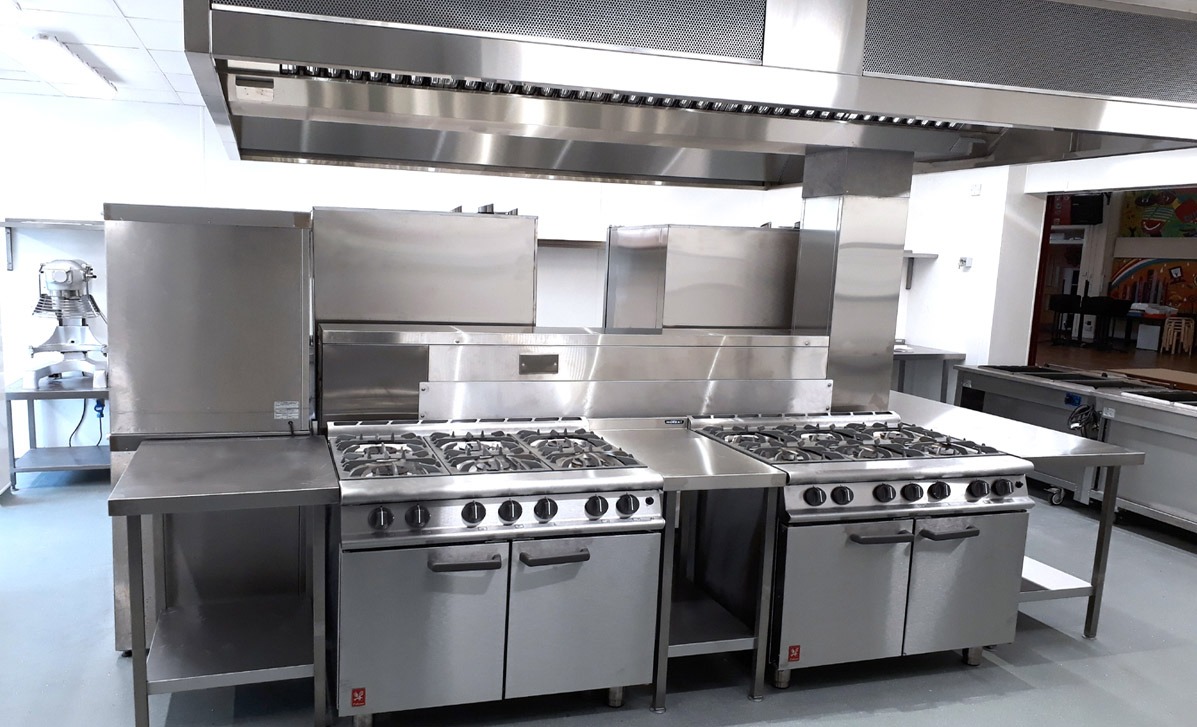Food waste is an inevitable result in all cooking endeavours – on a commercial scale this effect can be compounded. And though we might want to point the finger to supermarkets for their unsustainable waste management practices, there are steps that we can take to eliminate food waste in our kitchens, for reasons that are both economical and beneficial to our environment. Here are only a few of them.
Good storage is vital for keeping your products fresh for a longer period of time – the quicker they go off, the quicker they become unusable, the quicker they end up in the bin.
• Fruit should be stored separately from other produce. Fruit naturally produces ethylene, which stimulates ripening – this can be useful in industrial practices, i.e. bringing ripe fruits to market faster, but has a downside in that the gas also encourages the other organic materials stored with it to break down. Keep your fruit and veg separate, it’s that simple.
• Labelling storage units –a high level of organisation is going to keep your food safer and fresher longer. This will help you employ a system where the first food that arrives in your deliveries will be the first that reaches your diner’s plates – ultimately minimising what has to be thrown out.
It’s also important to consider your diners’ habits – you should be making a note of what comes back to the kitchen to be thrown into the bin.
• If you’re finding a significant portion of the food untouched, consider smaller portions – and smaller plates.
One of the most crucial points in this process is to make sure your staff are educated in the area of waste management – make sure to pass on your knowledge.
Making a sustainable kitchen environment goes beyond simply taking out the bins. Whether having a new kitchen fitted, expanding an existing one, or updating some of your appliances – look to PCD for economical, environmentally friendly commercial kitchen management.




